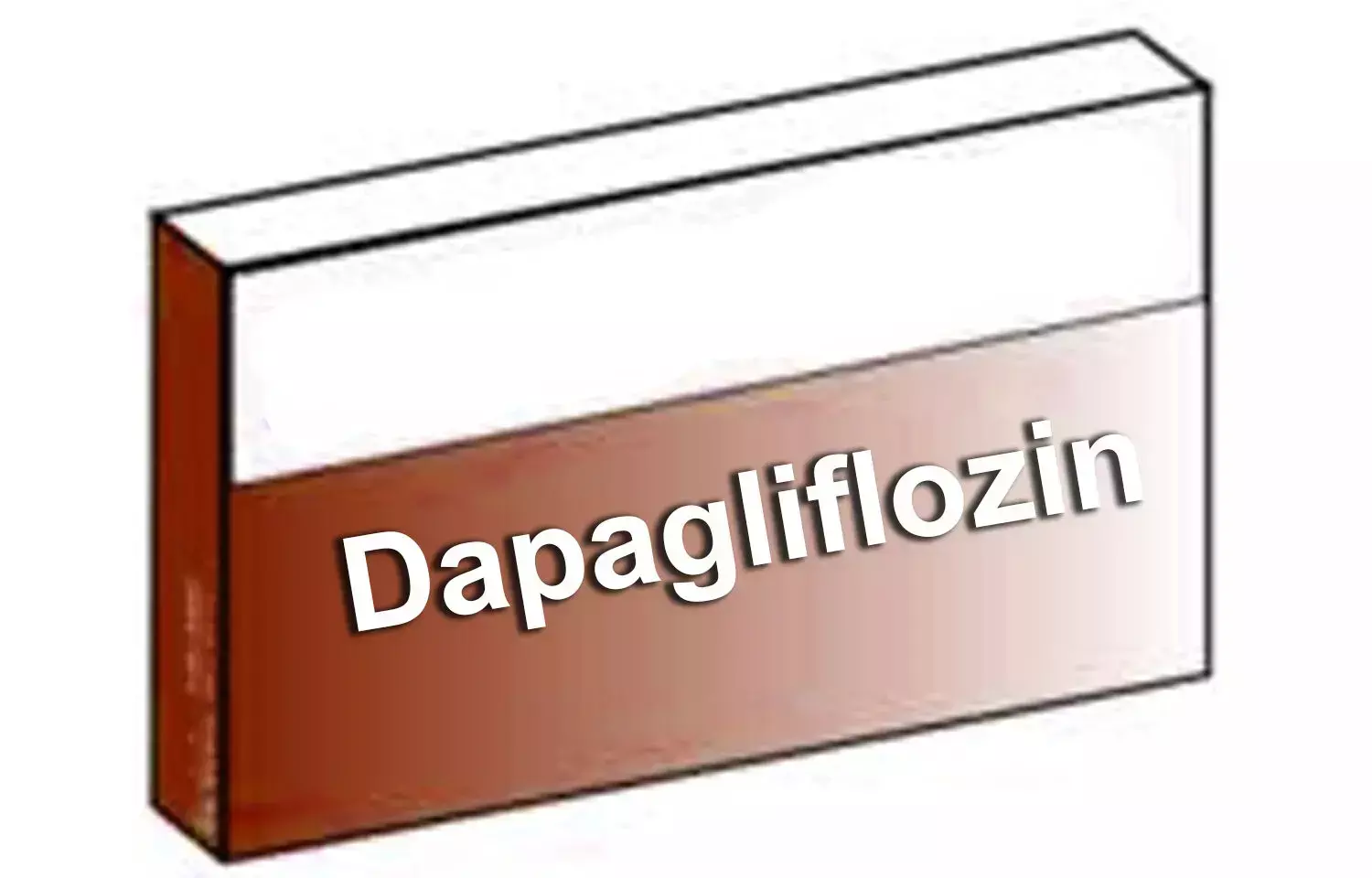- Home
- Medical news & Guidelines
- Anesthesiology
- Cardiology and CTVS
- Critical Care
- Dentistry
- Dermatology
- Diabetes and Endocrinology
- ENT
- Gastroenterology
- Medicine
- Nephrology
- Neurology
- Obstretics-Gynaecology
- Oncology
- Ophthalmology
- Orthopaedics
- Pediatrics-Neonatology
- Psychiatry
- Pulmonology
- Radiology
- Surgery
- Urology
- Laboratory Medicine
- Diet
- Nursing
- Paramedical
- Physiotherapy
- Health news
- Fact Check
- Bone Health Fact Check
- Brain Health Fact Check
- Cancer Related Fact Check
- Child Care Fact Check
- Dental and oral health fact check
- Diabetes and metabolic health fact check
- Diet and Nutrition Fact Check
- Eye and ENT Care Fact Check
- Fitness fact check
- Gut health fact check
- Heart health fact check
- Kidney health fact check
- Medical education fact check
- Men's health fact check
- Respiratory fact check
- Skin and hair care fact check
- Vaccine and Immunization fact check
- Women's health fact check
- AYUSH
- State News
- Andaman and Nicobar Islands
- Andhra Pradesh
- Arunachal Pradesh
- Assam
- Bihar
- Chandigarh
- Chattisgarh
- Dadra and Nagar Haveli
- Daman and Diu
- Delhi
- Goa
- Gujarat
- Haryana
- Himachal Pradesh
- Jammu & Kashmir
- Jharkhand
- Karnataka
- Kerala
- Ladakh
- Lakshadweep
- Madhya Pradesh
- Maharashtra
- Manipur
- Meghalaya
- Mizoram
- Nagaland
- Odisha
- Puducherry
- Punjab
- Rajasthan
- Sikkim
- Tamil Nadu
- Telangana
- Tripura
- Uttar Pradesh
- Uttrakhand
- West Bengal
- Medical Education
- Industry
Add on Dapagliflozin exhibits inconsequential antidiabetic effect in kids with type 2 diabetes

USA: In an Intention-to-treat analysis of children, adolescents, and young adults with type 2 diabetes who received dapagliflozin with the standard of care treatment there was no significant change in HbA1c concentration between groups. In a prespecified sensitivity analysis of protocol-compliant, the study population showed a significant difference in HbA1c concentration. The researchers did not identify any new safety signals and there was a low risk of severe hypoglycaemia.
These are the findings from a study which was conducted with an aim to assess the efficacy and safety of dapagliflozin as add-on therapy in children, adolescents, and young adults with type 2 diabetes receiving metformin, insulin, or both. The study findings, published in The Lancet Diabetes & Endocrinology, are significant as there are not much treatment options for young people with type 2 diabetes.
For this purpose, the researchers undertook a multicentre, placebo-controlled, double-blind, randomised phase 3 study at 30 centres in five countries (Hungary, Israel, Mexico, Russia, and the USA). It included 72 participants aged 10–24 years with type 2 diabetes and HbA1c concentration of 6·5–11% (48–97 mmol/mol). They were randomly assigned in the ratio of 1:1 to receive oral dapagliflozin 10 mg (n=39) or placebo (n=33) during a 24 week double-blind period. This was followed by a 28 week open-label safety extension in which all participants received dapagliflozin.
Between-group differences in change in HbA1c concentration from baseline to 24 weeks (intention-to-treat analysis) was the primary outcome. Also, they assessed a prespecified sensitivity analysis of the primary outcome in the per-protocol population, which included only protocol-compliant participants.
Based on the study, the researchers reported the following findings:
- In the intention-to-treat analysis, after 24 weeks, mean change in HbA1c concentration was −0·25% for dapagliflozin and 0·50% for placebo.
- The between-group difference was −0·75%.
- In a sensitivity analysis in the per-protocol population (34 in the dapagliflozin group and 26 in the placebo group) after 24 weeks, mean change was −0·51% for dapagliflozin and 0·62% for placebo.
- The between-group difference was −1·13%.
- Adverse events occurred in 69% dapagliflozin-assigned participants and 58% placebo-assigned participants over 24 weeks, and in 74% participants who received dapagliflozin over 52 weeks.
- Hypoglycaemia occurred in 28% dapagliflozin-assigned and 18% placebo-assigned participants who received dapagliflozin over 24 weeks and in 33% who received dapagliflozin over 52 weeks; none were considered as serious adverse events. No adverse events of diabetic ketoacidosis occurred.
"Change in HbA1c concentration was not significant in the intention-to-treat analysis of children, adolescents, and young adults with type 2 diabetes receiving dapagliflozin in addition to standard-of-care treatment," wrote the authors.
Reference:
The study titled, "Efficacy and safety of dapagliflozin in children and young adults with type 2 diabetes: a prospective, multicentre, randomised, parallel group, phase 3 study," was published in The Lancet Diabetes & Endocrinology.
DOI: https://doi.org/10.1016/S2213-8587(22)00052-3
Dr Kamal Kant Kohli-MBBS, DTCD- a chest specialist with more than 30 years of practice and a flair for writing clinical articles, Dr Kamal Kant Kohli joined Medical Dialogues as a Chief Editor of Medical News. Besides writing articles, as an editor, he proofreads and verifies all the medical content published on Medical Dialogues including those coming from journals, studies,medical conferences,guidelines etc. Email: drkohli@medicaldialogues.in. Contact no. 011-43720751


